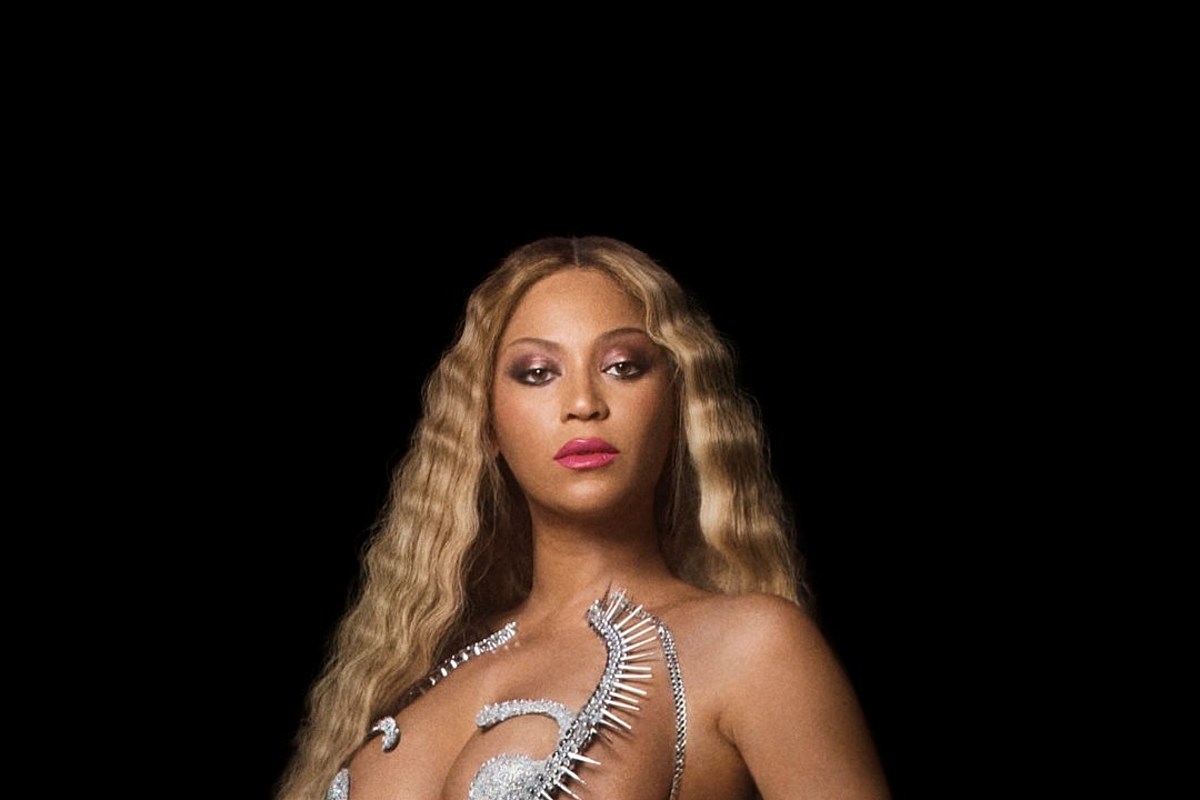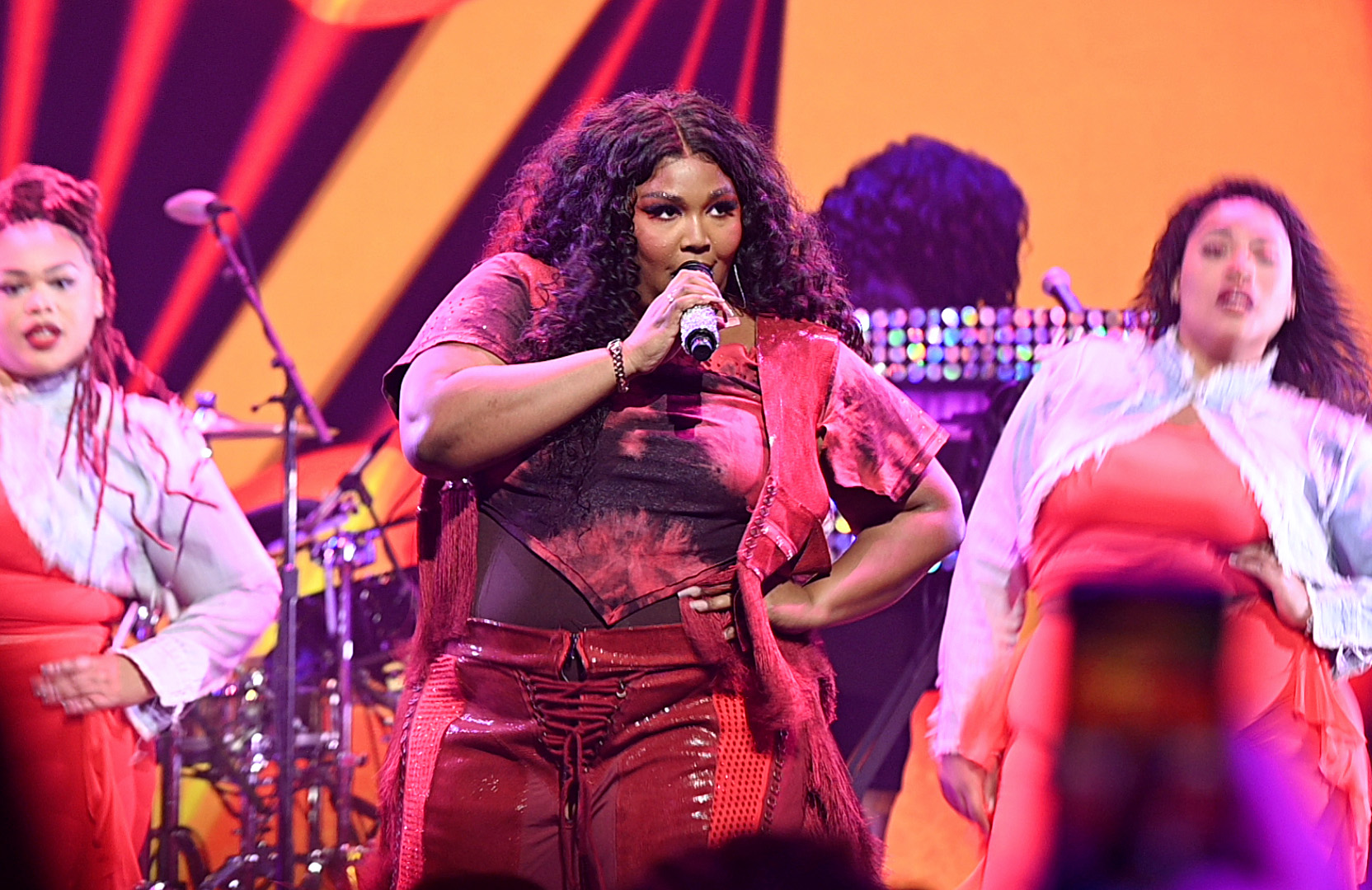
Less than three weeks since its release, Beyoncé’s highly awaited seventh album is on its third draft. With two high-profile and controversial edits made to the tracks ‘Heated’ and ‘Energy’, it’s not cynical to say that these may be only the known edits.
After proving she has the power to switch out a track for a new version without affecting the Spotify streams or having to go through a whole re-release process, only Beyoncé and her team truly know if other little tweaks have been done throughout the weeks. With the ability right there, what perfectionist could resist the temptation to fix up little things?
While no one can deny the edits were necessary, especially the removal of the word ‘spaz’ from the album, which has in the past been used as an offensive term to describe someone with cerebral palsy, someone as high profile and usually polished as Beyoncé has heightened a conversation that’s been slowly speeding up in the last year.
A further case study in the discussion of the ethics and considerations surrounding post-release editing, it’s a topic that calls into question the permanence of art in a digital age. If we can now simply fix things up on Spotify, what does that say about the lasting and immortal position art is supposed to hold?

What else did Bey change on that album?
It’s too easy to simply blame it on the digital age, however; that would simply be a quick dig for vinyl-huggers to fire against online formats. In fact, it’s been going on far longer than that. In the 70s, The Kinks changed the original lyrics of ‘Lola’ to enable radio play, swapping out the branded “Coca-Cola” to a more general lyric about unaffiliated “cherry cola”. This isn’t dissimilar from Beyoncé removing a Kelis sample to avoid a copyright case or any band releasing a swear-free radio version. In film, too, George Lucas has famously used new technology to re-edit Star Wars later down the line.
However, the major thing that elevates the Beyoncé case to a new terrain is simply how easy and seamless it was. While Ray Davies was forced to pause the band’s American tour to re-record and release ‘Lola’ again as a single with a new vinyl run, Beyoncé simply switched out the versions on streaming sites, putting the issue to bed within 24 hours without a blip in streaming number or pausing anything. It was barely an inconvenience.

The Kinks were forced to change the lyrics to Lola after Coca-Cola strongarmed them
That seems to be the crux of the issue that sets this apart as a possibly worrying instalment – it’s just so easy now. When you can fix up any issue with a click of a button and a bit of quick remastering, would that affect the intricacies of the pre-release checks? Would you ever look over something quite as closely if you knew you could just fix it later down the line?
That feels like the only explanation for the Beyoncé saga, but it’s still a baffling one. On an album with over 100 songwriters, let alone producers, label people, mixers and all the other suits that work on a release as major as this one, the fact that two big issues managed to slip through the cracks with that many hands and eyes on a project is inexplainable through any other reason beyond collective laziness. That’s the optimistic opinion, at least.
A less optimistic opinion occurs when considering the removal of the slur from ‘Heated’, an incident happening only weeks after Lizzo was called out for the exact same word from her track ‘Grrrls’. When that was all across Twitter and Lizzo released a public apology after removing the track from Spotify and then re-releasing a new version, how did Beyoncé’s vast team miss this one? Or were they simply seeing if she, Queen Bey, could get away with it? With the ability to fix the issue later and after seeing all the press laid on Lizzo, were they just testing the water, seeing if anyone would notice with the full knowledge that they’d switch it out with a clean version later?

Lizzo’s had to cough up an apology too
You could go down a real rabbit hole with this, considering all the future possible scenarios this could open up. Could artists plant hate speeches into tracks and then gaslight the world when they switch it out to an innocent version a day later? Could experimental projects be launched where the tracks change every single day, with musicians never needing to release anything new but keep changing what’s already there? Could Ed Sheeran keep tweaking his chart choking tracks, keeping the streams going up and up for unstoppable top 40 domination?
It’s impossible to truly predict all the possibilities that might come about as post-editing becomes more regular and thus more normalised, but either way, we’ve opened the floodgates. Going far beyond a quick fix of an issue of two a week later, Beyoncé is already receiving requests for far deeper edits. After proving her ability to fix past mistakes, Monica Lewinski is calling for the removal of her name from the 2013 track ‘Partition’, risking moving the issue from an editing job to an act of rewriting art and music history.
While everyone loves to laugh at music purists who preach vinyl to be the only form to listen to music, they seem to suddenly have a point. Now on its third version, the only record of the original Renaissance, and therefore the only real evidence to demand accountability from Beyoncé for using the slur is the original vinyl that went out on release day.
Similarly to how Stranger Things fans ran to their season one DVD after rumours of post-release cutting of early scenes circulated, it’ll be interesting if the ever-growing string of edited art affects sales of physical forms. As digital formats seem to be becoming more and more at the whim of artists’ perfectionism, social opinions and even pop culture figures’ reputation over time, will listeners flock more towards unchangeable mediums, as the last stronghold of art?
With no way to stop it as technology and digital capabilities develop, what is there to do? To protect against future abuses of post-editing, maybe a system needs to be put in place similar to the laws and rules that govern the news. With art and music being just as important pieces of historical evidence as any news report, maybe edits should come along with a declaration, a little box that pops up to inform you that this track you’re listening to has been altered.
Marking their art with evidence of sloppiness or a permanent source of accountability for any inappropriate or offensive language, no doubt it would quickly get labels to give everything one extra last look over, just as they should have done in the first place.




